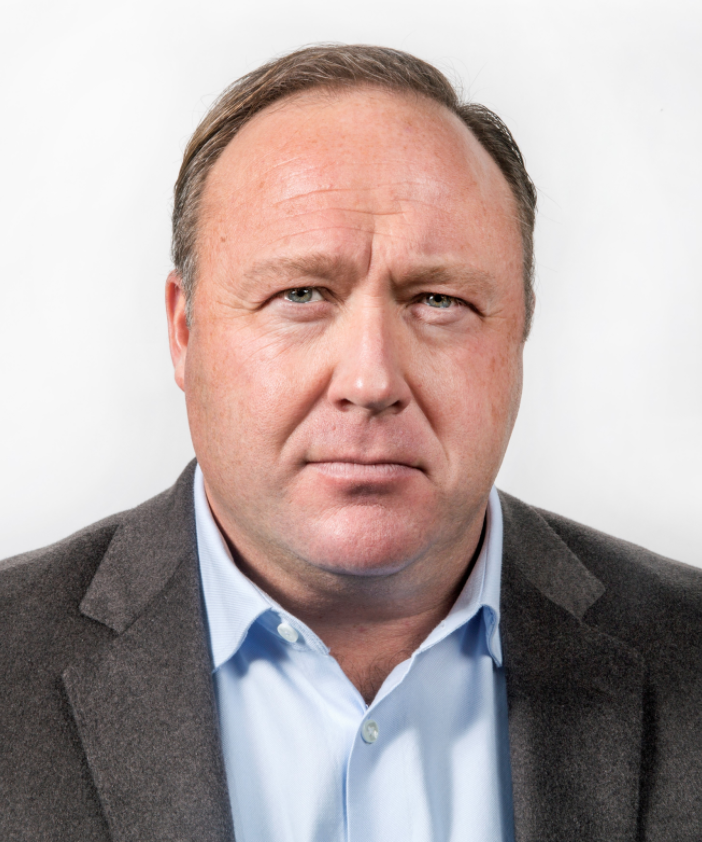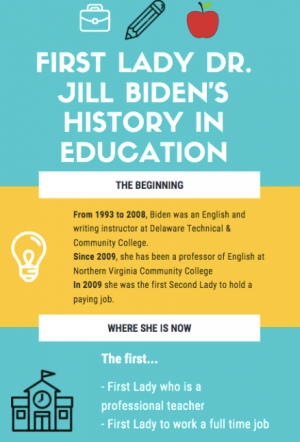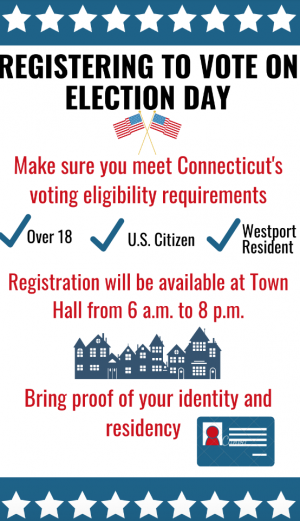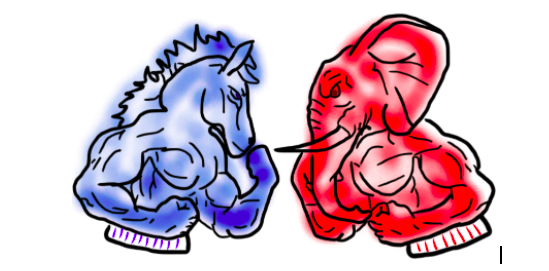Political polarization is resulting in loss of empathy, humanity
Photo Contributed by Wikimedia Commons
Much of Alex Jones’ content has been taken down by big tech companies such as Youtube, Facebook and Apple, who all cited hate speech and glorification of violence as their primary motives for doing so. Jones has frequently used dehumanizing language when speaking about the LGBTQ+ community, immigrants and Muslims.
Ask any decade-long Connecticut resident what comes to mind when they hear Dec. 14, 2012. Most will recall the tragic Sandy Hook Shooting that took the lives of 20 children and six adults.
And yet, cruel conspiracy theories were spread in an attempt to convince the public that this tragedy never occurred.
Alex Jones, right-wing media personality and conspiracy theorist, was one such contributor to the lies surrounding Sandy Hook, and justice for his spread of misinformation has finally been achieved.
Jones was found liable for defamation by a Connecticut judge on Nov. 15. Jones called the Sandy Hook tragedy “a hoax,” and the families of the victims paid actors that are lobbying for anti-gun and anti-free speech policies.
Jones’ diffusion of misinformation and his portrayal of this tragic event has caused direct harm to the victims’ families. They have been harassed by his followers, received death threats and even had to relocate from their homes repeatedly to evade danger.
It is evident that political polarization has resulted in a loss of empathy.
The case, in which 10 families of the shooting victims pursued a lawsuit against Jones has extended for nearly two years, a period in which Jones withheld financial and analytics data related to the content in which he spread this false information.
Lenny Pozner lost his son Noah in the Sandy Hook shooting. Since then, he has been accused of faking Noah’s death certificate and has faced countless threats by people who follow media personalities like Alex Jones. In an NPR interview, Pozner described going to court as a result of the accusations that he faked the death certificate. “I took a DNA test […] to prove to the court that, in fact, I am Noah’s father and that Noah lived and that Noah died,” Pozner said.
It is nearly impossible to fathom the pain that a parent would feel upon being questioned upon such a personal and devastating loss. To think that Pozner, and many other parents who also lost a child in the shooting, have had to prove their loss is jarring.
While Jones has already been banned from most social media, he continues to broadcast from his own websites, where he has a substantial following. On his website Banned.video, he released a statement regarding the judgement of the Sandy Hook lawsuit.
“I will continue to question big public events, but I did not build my empire, as they call it, on Sandy Hook,” Jones said. “I did not send people to their houses to harass the families, all that’s a lie. And this is just the anti-gun lobby and anti-free speech lobby attaching themselves to some parents […] this is nothing but a bunch of propaganda.”
To think that these ideas are being exposed to such a large population is alarming, but we do not have to sit by and watch this happen.
We can fight for legislative reform that makes the internet safer and lessens its use as a mechanism by which people can harass and harm others. By advocating for safer and less hostile online environments, we can work to protect the victims’ families.
Most of all, we can remember that no matter our political views, grief is something that we all share. Our ability to empathize makes us human. No amount of polarization should impede upon our ability to empathize.
The internet has evolved into a place where people are often more interested in spreading fear rather than searching for truth, and we have a responsibility to target online hate. Even simply posting on social media about the impact of misinformation and alerting followers to the issue is a massive step in a long journey to protect victims of major tragedies.
Pozner has founded the HONR network, which is aimed at protecting the memories of the victims and their families.
You can volunteer with or donate to the HONR network at https://www.honrnetwork.org/.

Paper Managing Editor, Mishael Gill ’23 is all about helping people. She plans to advance into the pre-med track next year in college.
Currently,...




















































